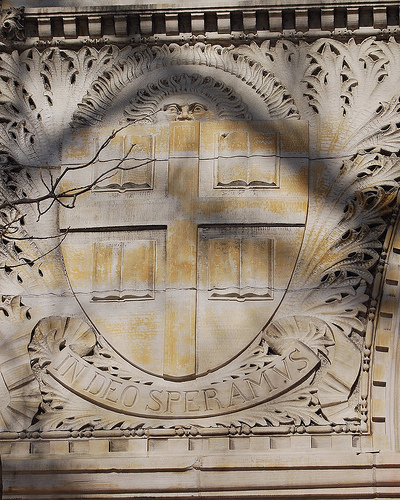There are certain things we take for granted about Judaism that turn out not to be so. Like that Jews never proselytized. That they don’t have a mission to the world. And that, for another example, Judaism after the destruction of the Temple was forever after a totally decentralized affair. We never had anything remotely like a pope or caliph. True or false?
Over the weekend I was looking at an interesting new book, 428 AD: An Ordinary Year at the End of the Roman Empire (Princeton University Press), by Giusto Traina. As Traina points out, for Jews it was a more than ordinary year. 428 marked the end of the office of Jewish patriarch in Roman Palestine — a hereditary position last occupied by Gamaliel VI. As the head of world Jewry, the patriarch, or nasi, took in funds and distributed offices to subordinates, “apostles,” who were sent out to the diaspora. The emperor Theodosius II took the occasion of Gamaliel’s death without heirs to abolish the office.
An “exilarch,” tracing descent to King David, meanwhile ruled the Jewish community from Babylon (Iraq) until 1401 when that office was abolished by Tamerlane.
Today, due to our sins, the closest analogue would be Abe Foxman of the Anti-Defamation League.

